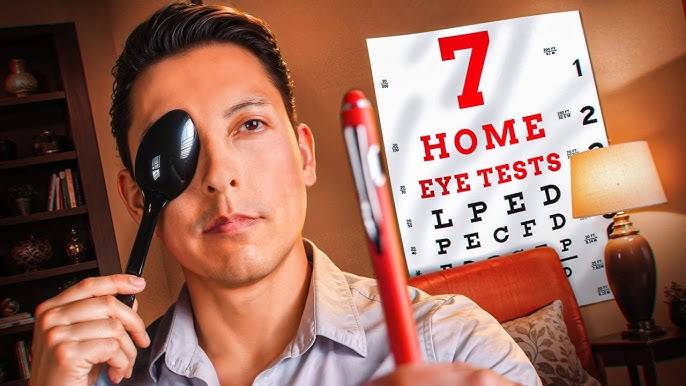What if our incessant drive for self-improvement isn't always conducive to happiness? Cognitive scientist Laurie Santos proposes this intriguing question. She notes that while evolution has wired us for relentless self-enhancement, our modern environment, ripe with comparisons and demands for excellence, amplifies this instinct, often to our detriment. The incessant push for "more" and "better" can lead to societal harm, fostering a competitive, individualistic society rather than one rooted in collective harmony and goodwill. Moreover, it can compromise personal happiness. Genuine well-being, Santos suggests, arises from extending compassion towards others and ourselves. Self-compassion, defined as mindfulness, recognition of common humanity, and self-kindness, can surprisingly enhance performance and resilience without a drill-sergeant approach. Breaking free from the pervasive "hustle culture" requires acknowledging its illusory nature, prioritizing kindness towards oneself, orienting towards others, and practicing gratitude to appreciate one's journey.

Related article - How to Do a Deadlift

BIGTHINK - Laurie Santos



